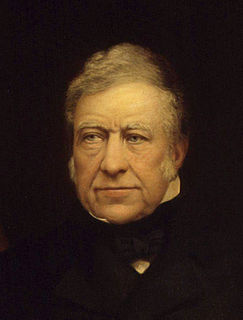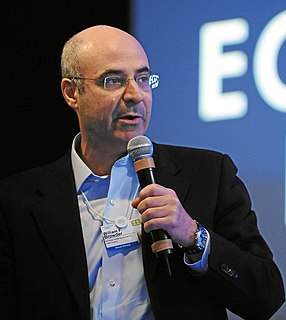A Quote by Benjamin Graham
To establish the right price for a stock, the market must have adequate information, but it by no means follows that is the market has this information it will thereupon establish the right price.
Related Quotes
Value in relation to price, not price alone, must determine your investment decisions. If you look to Mr Market as a creator of investment opportunities (where price departs from underlying value), you have the makings of a value investor. If you insist on looking to Mr Market for investment guidance however, you are probably best advised to hire someone else to manage your money.
The reality is that business and investment spending are the true leading indicators of the economy and the stock market. If you want to know where the stock market is headed, forget about consumer spending and retail sales figures. Look to business spending, price inflation, interest rates, and productivity gains.
The most realistic distinction between the investor and the speculator is found in their attitude toward stock-market movements. The speculator's primary interest lies in anticipating and profiting from market fluctuations. The investor's primary interest lies in acquiring and holding suitable securities at suitable prices. Market movements are important to him in a practical sense, because they alternately create low price levels at which he would be wise to buy and high price levels at which he certainly should refrain from buying and probably would be wise to sell.
Say that Congress legislates gasoline price controls that sets a maximum price of $1 a gallon. As sure as night follows day, there'd be long lines and gasoline shortages, just as there were in the 1970s. For the average consumer, a $1.60 a gallon selling price and no waiting lines is a darn sight cheaper than a controlled $1 a gallon price plus searching for a gasoline station that has gas and then waiting in line. If your average purchase is 10 gallons, and if an hour or so of your time is worth more that $6, the $1.60 a gallon free market price is cheaper.



































